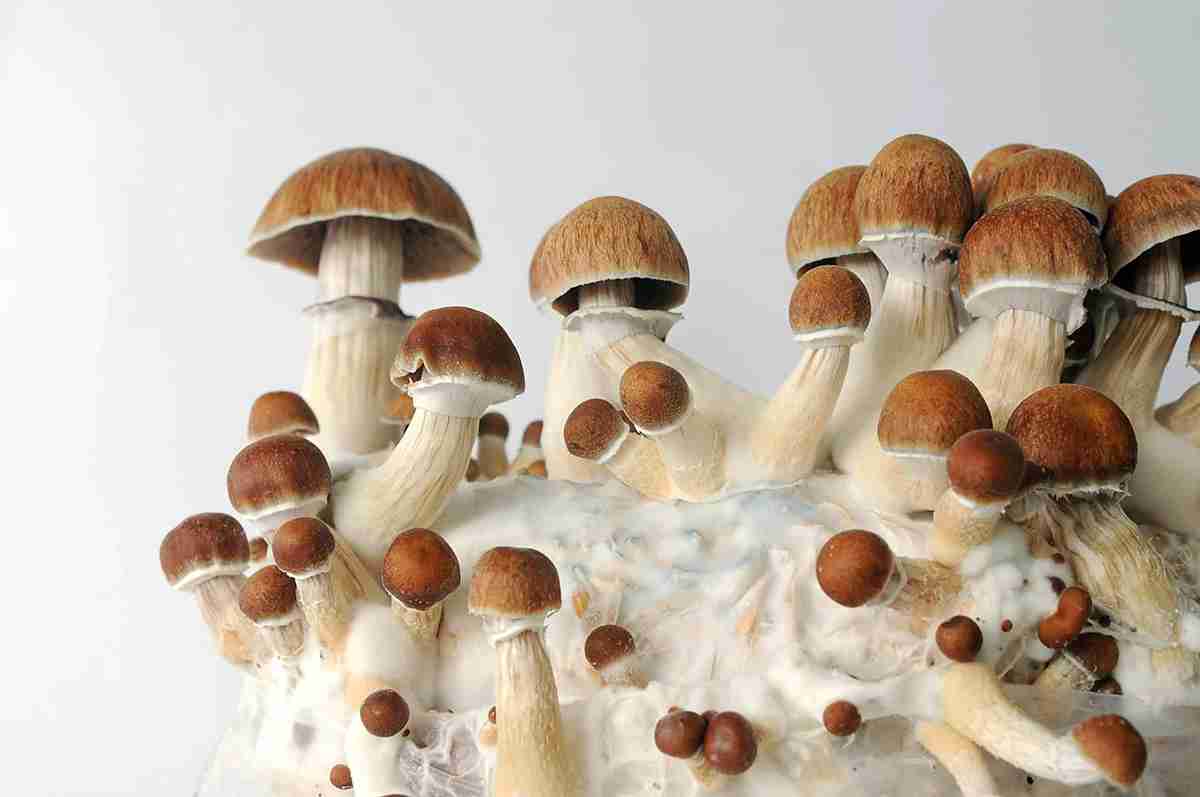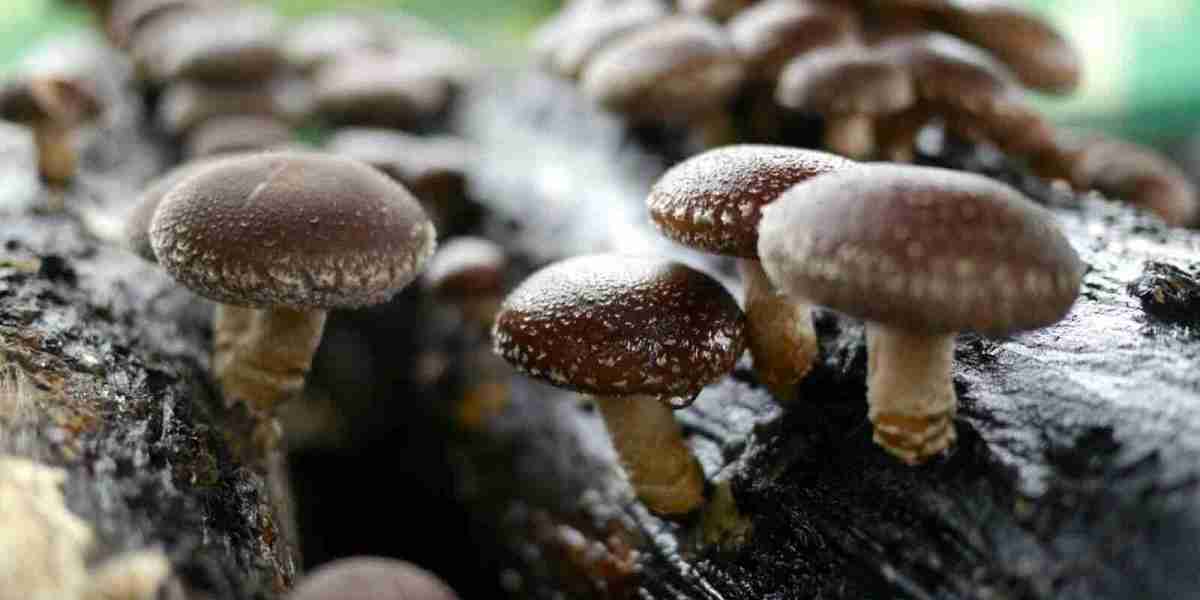Fungi have long been an essential part of nature’s ecosystem, quietly working beneath the soil to break down organic matter and sustain life. However, in recent years, mycelium—the underground root-like network of fungi—has moved beyond its traditional ecological role to become a cornerstone of innovation. From sustainable materials and plant-based foods to medicine and construction, mycelium is paving the way for a new economic era: the myco-economy.
The mycelium market is rapidly expanding, offering a diverse range of opportunities for entrepreneurs, scientists, and enthusiasts alike. As businesses and consumers seek sustainable alternatives, mycelium-based products are emerging as a game-changer in multiple industries. Whether it’s mushroom-based meat substitutes, biodegradable packaging, or eco-friendly fashion, the myco-economy is proving that fungi are not just a niche interest but a viable solution for a more sustainable future.
The Rise of the Myco-Economy
The concept of a myco-economy revolves around the economic impact of fungi and their applications in various industries. As awareness grows about mycelium’s potential, businesses are investing heavily in research and development to harness its capabilities. Mycelium’s natural properties—its ability to grow rapidly, bind materials together, and decompose safely—make it a valuable resource in today’s world, where sustainability is more crucial than ever.
One of the key drivers of the myco-economy is the increasing demand for environmentally friendly alternatives to plastics, meat, and synthetic materials. Mycelium-based products offer a renewable, biodegradable, and often cost-effective solution that aligns with the global push for sustainability.

Key Industries Driving the Mycelium Market
1. Sustainable Food and Alternative Proteins
The food industry is undergoing a transformation, with mycelium playing a pivotal role in the rise of plant-based diets. Companies like Meati and Quorn have successfully developed fungi-based meat substitutes that replicate the taste, texture, and nutritional profile of animal meat. These mycelium-derived products offer a sustainable and ethical alternative to traditional meat, requiring fewer resources while producing significantly less waste.
Additionally, gourmet and medicinal mushrooms continue to grow in popularity. Mushrooms such as lion’s mane, reishi, and chaga are now widely recognized for their health benefits, including cognitive enhancement and immune support. The increasing demand for mushroom-based supplements and functional foods is driving further investment in the mycelium market.
2. Biodegradable Packaging and Sustainable Materials
One of the most revolutionary applications of mycelium is in packaging. Traditional plastic waste has become a global crisis, and mycelium-based packaging presents an eco-friendly alternative. Companies like Ecovative Design have developed biodegradable packaging solutions using mycelium, which naturally decomposes, reducing landfill waste and pollution.
Beyond packaging, mycelium is being used as a sustainable material for furniture, insulation, and even leather alternatives. Mycelium-based leather, developed by companies such as MycoWorks, is being embraced by fashion brands looking to create cruelty-free, biodegradable products without compromising on quality.
3. Construction and Architecture
The construction industry is another area where mycelium is making an impact. Traditional building materials such as concrete and plastic-based insulation contribute to high carbon emissions and environmental degradation. Mycelium bricks and insulation panels provide a sustainable alternative that is lightweight, fire-resistant, and biodegradable.
Architects and designers are experimenting with mycelium-based structures, envisioning a future where buildings could be grown rather than manufactured. With advancements in biofabrication, we could soon see mycelium-based homes and offices that are not only sustainable but also self-repairing and energy-efficient.
4. Medicine and Biotechnology
Fungi have a long history in medicine, with penicillin being one of the most notable fungal-derived discoveries. Today, researchers are exploring mycelium’s potential in developing new antibiotics, antiviral treatments, and even cancer-fighting compounds. The growing interest in natural and holistic medicine has also led to an increased demand for mycelium-based supplements that promote immune health and cognitive function.
Additionally, mycelium’s ability to support beneficial bacteria in the gut is being studied for its role in improving digestive health and overall well-being. As scientific research continues to uncover new medical applications for fungi, the pharmaceutical side of the myco-economy is expected to expand significantly.
The Economic and Environmental Impact of Mycelium
The myco-economy is not only beneficial for the environment but also presents significant economic opportunities. Startups and established companies alike are recognizing the profitability of investing in fungi-based innovations. Governments and investors are also beginning to support mycelium-related research and businesses, acknowledging the potential of fungi to revolutionize various industries.
From an environmental perspective, the widespread adoption of mycelium-based products could dramatically reduce waste, pollution, and carbon emissions. Mycelium’s ability to break down organic matter without producing harmful byproducts makes it an ideal material for creating circular economies, where products can naturally return to the earth rather than contribute to environmental destruction.
The Future of the Mycelium Market
The future of the mycelium market is filled with possibilities. As technology advances, we can expect to see even more applications of mycelium across industries. Some potential developments include:
Mycelium-based biofuels: Harnessing fungi to produce renewable energy sources.
Space exploration applications: Using mycelium to create lightweight, self-growing habitats for astronauts.
Fungal bioremediation: Utilizing mycelium to clean up oil spills and detoxify contaminated environments.
With increasing consumer interest in sustainability and ethical consumption, the demand for mycelium-based products is expected to rise significantly in the coming years. The more the myco-economy grows, the closer we get to a future where fungi play a fundamental role in everyday life.
Conclusion
The mycelium market is more than just a niche industry—it is the foundation of a new economic movement centered around sustainability and innovation. Whether it’s in food, fashion, construction, or medicine, mycelium is proving itself to be one of nature’s smartest and most versatile materials.
As we continue to unlock the potential of fungi, businesses, researchers, and consumers all have a role to play in shaping the future of the myco-economy. With its endless applications and environmentally friendly benefits, mycelium is set to transform industries and pave the way for a more sustainable world. The myco-economy starts here, and the possibilities are just beginning to unfold.




